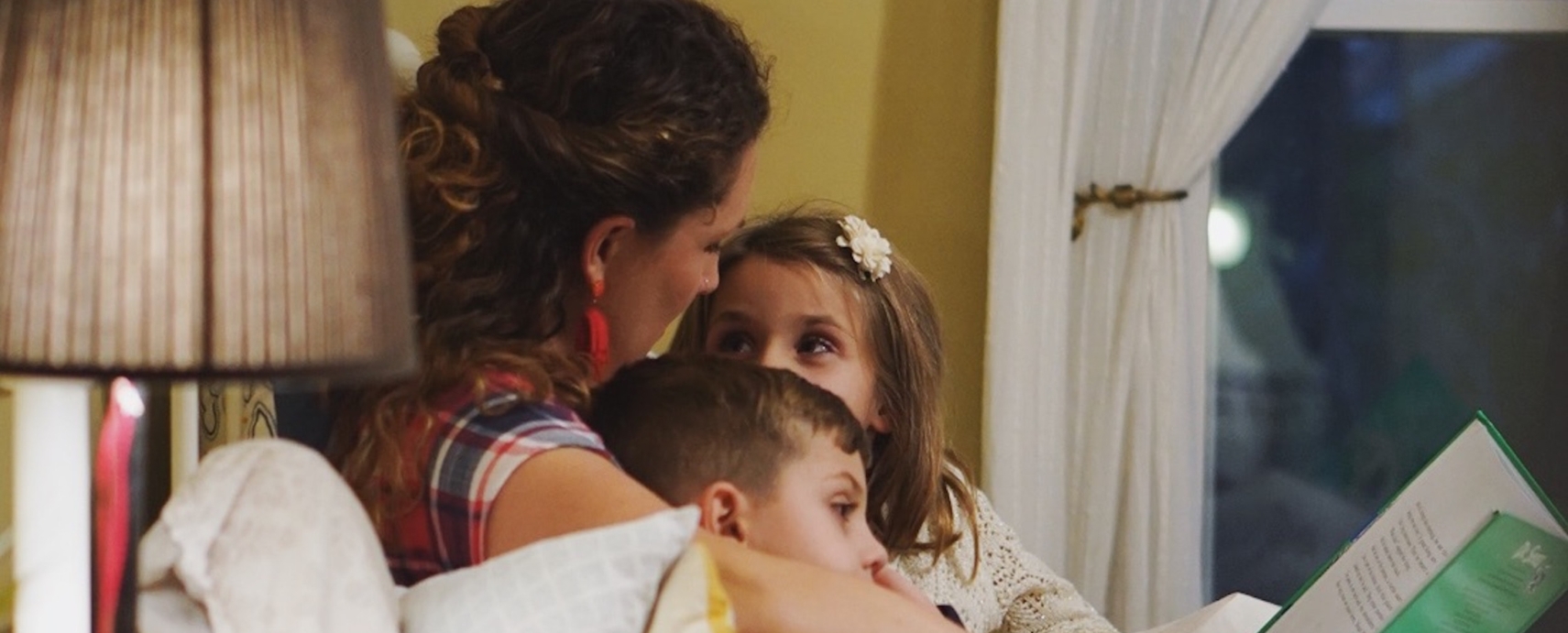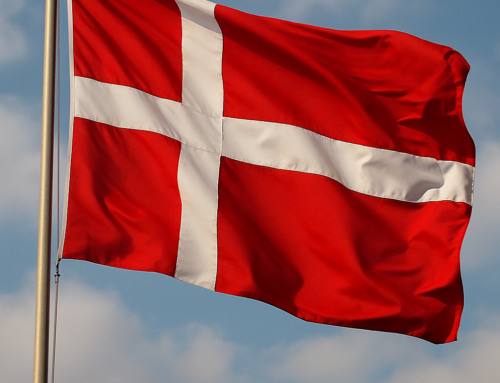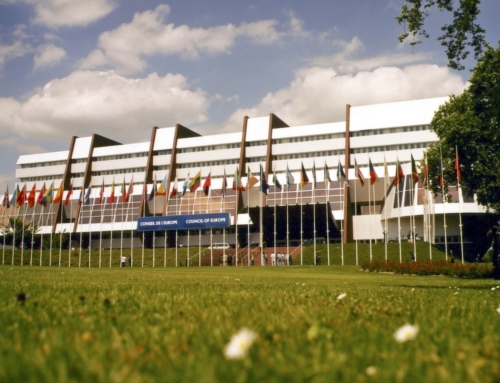22nd of February 2022,
Last week, the European Parliament adopted two resolutions on the difficult consequences of the pandemic on European families. The texts stressed the obstacles faced by caregivers, especially mothers, in the workplace, and the rise in intergenerational poverty.
The European Parliament first acknowledged the work of many caregivers, especially women, during the pandemic. In a resolution on the ‘Challenges for urban areas in the post-COVID-19 era’, the Parliament “recognises the burden placed on women as principal caregivers in formal and informal settings, and the social value of that care, especially during the COVID-19 crisis; points out that 80 % of all care provided across the EU is provided by (unpaid) informal carers, 75 % of whom are women”. The Resolution mentioned “the relevant role of European structural funds in securing investment in care services” and welcomed “the Commission’s intention to propose a European care strategy”.
In another resolution on ‘Empowering European youth: post-pandemic employment and social recovery’, the European Parliament recalled “the fact that young women are at increased risk of workplace discrimination , worsened by intersectional inequalities, unemployment, being single-parents and being long-term informal caregivers, which often excludes them from the workforce or can keep them below the poverty line”.
The discriminations experienced by many mothers in the workplace has been a key focus of FAFCE in a 2021 report on ‘Protecting women from maternal mobbing’, jointly published with New Women for Europe:
“Mothers today still face external pressures from the workplace and negative prejudices, which impact their capacity to conciliate their motherhood and their work on their own terms. This phenomenon is called “maternal mobbing”. “Mobbing” describes health-harming abusive conduct at work, which “attempt to force a person out of the workplace through unjustified accusations, humiliation, general harassment, emotional abuse, and/or terror”. Maternal mobbing does not only target pregnant women and mothers, but also women who desire to have children.”
The resolution called “the Council and the Commission to consider indicative minimum targets for assistance and tailored aid schemes in youth and employment initiatives from 2022 onwards for young women at risk” and called on “the Commission to work with the Member States to integrate child guarantee national action plans with labour integration measures at national, regional and local level to support young single parents”.
The Resolution on Empowering European youth also tackled the question of child poverty – although mainly focusing on ‘LGBTIQ+’ young persons – stressing that support to families is key to break intergenerational poverty: “children growing up with a scarcity of resources and in precarious family situations are more likely to experience poverty and social exclusion, with far-reaching impacts on their development and later adulthood, and lack access to adequate skills and have limited employment options, propagating a vicious circle of inter-generational poverty”. To tackle child poverty and social exclusion, the resolution mentioned the role of the European Child Guarantee in “guaranteeing free and effective access for children in need to key services such as early childhood education and care, educational and school-based activities, healthcare, healthy nutrition and at least one healthy meal per school day, and adequate housing”.
FAFCE repetitively called national and European decision-makers since the start of the pandemic to recognise the role of families in the front line of the pandemic, and the need to invest in ambitious family policies for a sustainable post-pandemic recovery.









